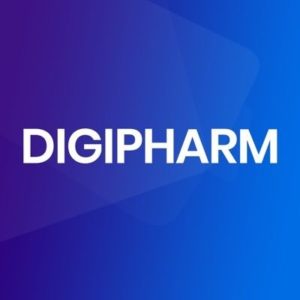Digipharm has built the world’s first blockchain-based platform for value-based contracting of healthcare technologies and healthcare services. In healthcare there is a clear shift to payments using ‘value-based’ approach, where the price paid is determined by performance, for example, patient benefits and real-life patient outcomes. According to Deloitte, 75% of payments in healthcare to be value based by 2020.
This approach to healthcare payments is not just relevant for pharmaceuticals or drug treatments; pricing agreements and contracting for medical devices and healthcare services have also been shifting to an approach based on outcomes and key performance indicators. However one of the biggest limiting factors is the infrastructural limitations that are experienced when implementing these types of agreements.
Since patient data and patient outcomes is used to determine the cost of care, Digipharm uses blockchain technology to create a medical information infrastructure that enables trust and a synchronized overview in these outcomes for all contracting parties. Digipharm’s smart contracts coded in the blockchain also remove the administrative burden of tracking and executing these agreements.
Digipharm key milestones to date:
- Currently in piloting phase
- Winner of UK House of Commons Parliament Award 2018 for Health IT Innovation
- Partnership with Swisscom Blockchain
- Patent pending (International)
- First mover advantage (there is no solution currently available, whether blockchain or non-blockchain based),
- National implementation ongoing in Belarus and Pakistan.
- In project development with 8 out of the top 10 pharmaceutical companies by revenue.
- Pilots agreed with some of the biggest pharma companies in the world and UK NHS to started in 2019
- Working with more than 10 international health authorities
- Projects in advanced discussions across 4 continents
Our technology has been tested to pull data from different sources of healthcare data including EMRs, clinical data registries, devices and remote patient monitoring applications.

